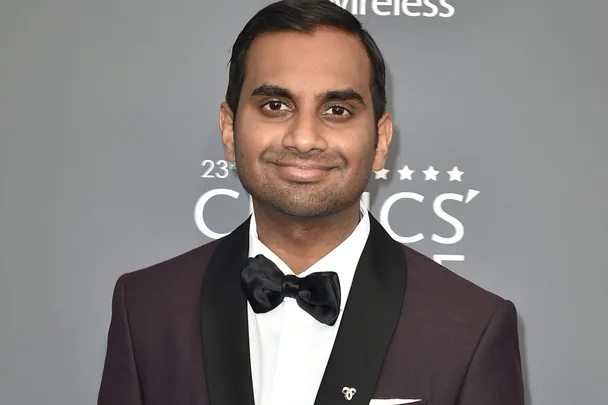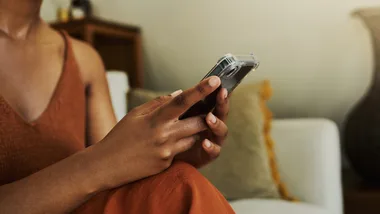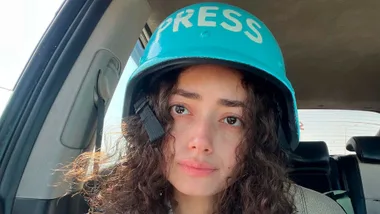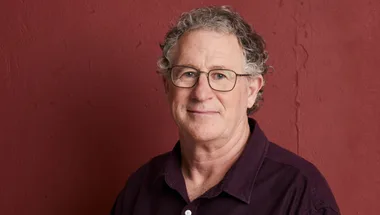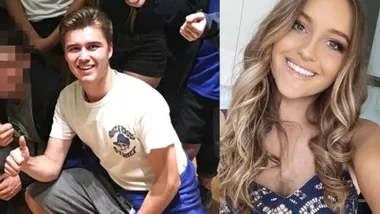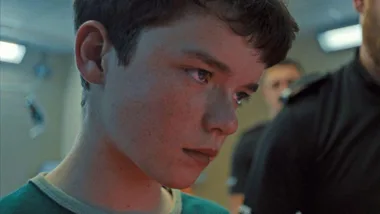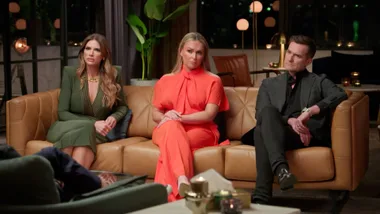When a woman named “Grace” came forward with her #MeToo story about Aziz Ansari earlier this week, her allegations instantly sparked heated debates all across the world.
The account of the then 22-year-old photographer’s night with Ansari, which was posted on the website Babe, goes into detail about her date with the comedian and actor, and in particular about how uncomfortable she felt once they got back to his apartment.
Grace says things “escalated” quickly and though she “non-verbally” expressed her desire to slow down multiple times, Ansari continued to make sexual advances towards her. She says she told him she didn’t “want to feel forced” into sex and that he seemed to listen – before trying again moments later.
Eventually, Grace insisted on leaving. “I cried the whole ride home. At that point I felt violated. That last hour was so out of my hand,” she says.
Ansari responded to the allegations, saying that when he received a text message from Grace the following day (in which she expresses how uncomfortable she had been that evening), he was “surprised and concerned” that what he perceived as “by all indications…completely consensual” sexual activity “was not the case for her.”
He added: “I took her words to heart and responded privately after taking the time to process what she had said.”
The fact that Grace is open about engaging in sexual activity with Ansari and didn’t do more to stop the advances had some saying that allegations like hers justify people calling the #MeToo movement a ‘witch hunt.’ Others say her story takes away from women who have been raped or experienced more severe forms of sexual misconduct.
Ansari reacted well, both when Grace messaged him privately and to the public allegations. And personally, I don’t think that Grace’s story should warrant Ansari being fired from his Netflix show Master of None, hell, I don’t even think these allegations should be called ‘sexual assault.’
I do think that a 34-year-old man, who created a career out of being a feminist, ‘nice guy’, and who wrote a book about dating, should be able to pick up when a woman is feeling uncomfortable in a sexual situation – especially a woman who says they were “pulling away” and going “cold.”
But perhaps that’s the real issue at hand. Instead of putting Ansari into the same category as men such as Harvey Weinstein or Louis C.K., we should be acknowledging how common it is for women to experience exactly what Grace did: a sexual experience that blurs the lines of consent.
Whether it’s waking up the next day trying to fill in the alcohol-induced blanks from the night before with a sinking feeling in your stomach, whether it’s a case of ‘it was easier to say yes than no’, or whether, like Grace, you saw the evening completely differently to the other person, it happens.
That’s because, for many, the words ‘rape’ or ‘sexual assault’ are associated with violent, horrible acts – stories of men attacking women in parks, not stories that could just as easily be described by one party as a drunken one night stand.
Grace’s account is the perfect opening for us to start addressing the grey areas of consent.
There needs to be a clear, universal understanding that if someone doesn’t seem wholeheartedly into it, if they are too drunk to properly consent (no matter whether it’s your first night meeting them or if you’re married to them), if it’s not a resounding YES, it is a no.
Time’s up.
